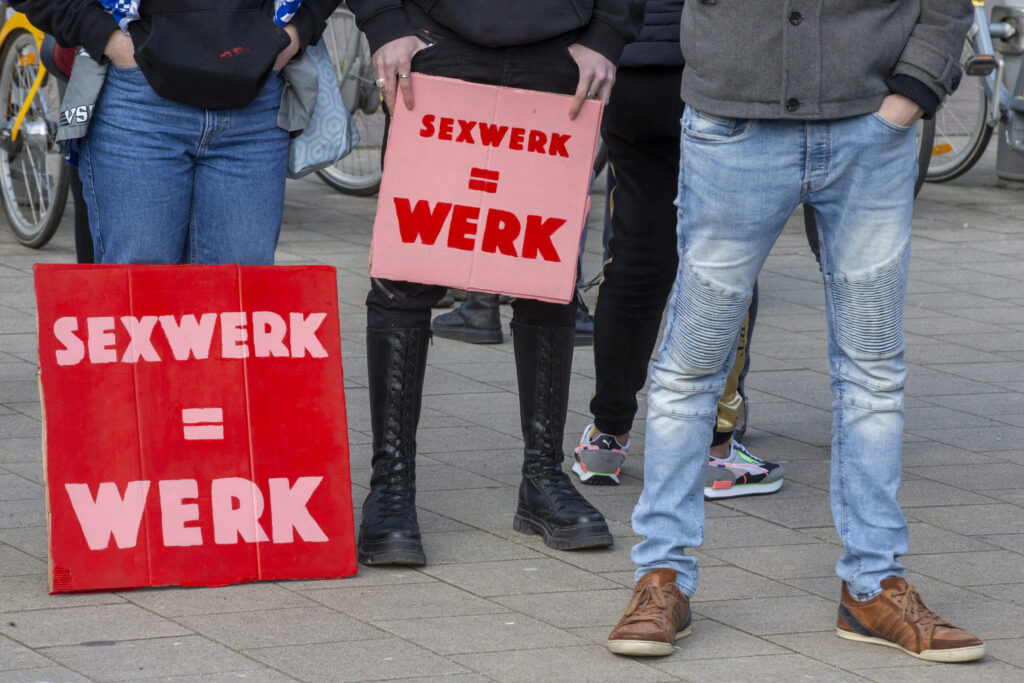Belgium introduces unprecedented labor protections for sex workers Sunday, allowing them to sign formal employment contracts and access benefits on par with other professions, marking what advocates call a “revolution” in workers’ rights.

The legislation, following Belgium’s 2022 decriminalization of sex work, provides access to health insurance, paid leave, maternity benefits, unemployment support, and pensions. It also establishes fundamental rights including workers’ ability to refuse clients, choose their practices, and stop services at any time.
“This is an incredible step forward,” said Isabelle Jaramillo, coordinator of advocacy group Espace P, which helped draft the legislation. “It means their profession can finally be recognized as legitimate by the Belgian state.”
The law requires employers to obtain state authorization and meet strict requirements, including clean criminal records without sexual assault or human trafficking convictions. Workplaces must provide clean linens, condoms, hygiene products, and emergency buttons. While independent sex work remains legal, unregulated third-party hiring faces prosecution.
“Under the previous legislation, hiring someone for sex work automatically made you a pimp, even if the arrangement was consensual,” Jaramillo explained. “Now, they’ll have to apply for state authorization to hire employees.”
Critics argue the legislation cannot fully address industry stigma and risks, particularly for undocumented workers. “There’s still a lot of work to be done,” Jaramillo said, noting the need for improved police and judicial training to protect vulnerable workers.
While Germany and the Netherlands have legalized sex work, Belgium’s labor protections are the most comprehensive in Europe.



